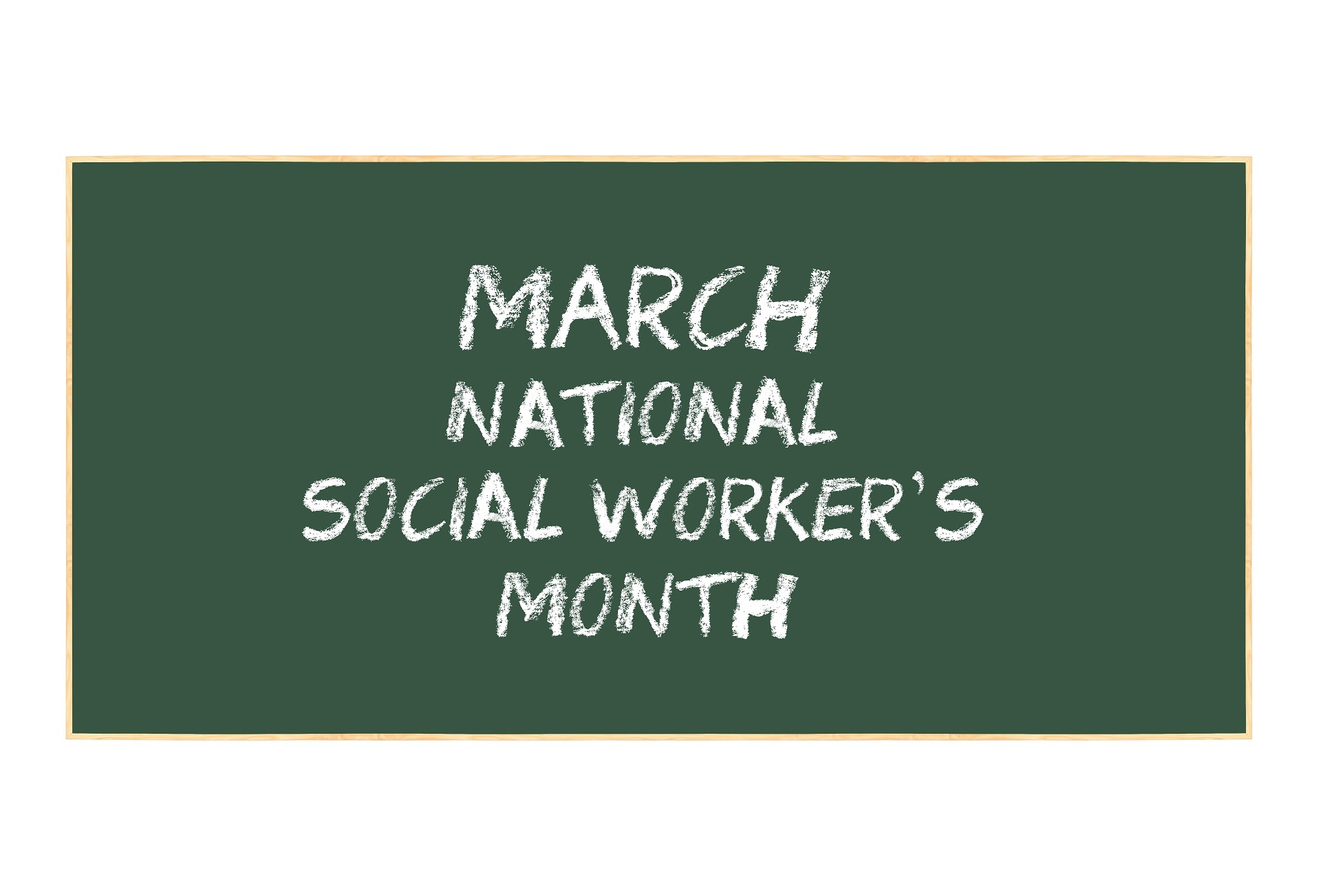What is Grief Hospice Counseling and How is it Helpful
Grief and the acute pain that accompanies loss is a natural reaction. Because grief follows its own path, there is no timetable for feelings of pain after the loss nor is it possible to avoid the emotional pain altogether. In fact, attempts to suppress or deny grief are likely to prolong the process.
If you recently lost a loved one, or are going through the process right now, it’s helpful to understand grief and how our Bereavement Counselors can help you navigate through the grieving process.
Understanding Grief
For some, grief is short-term, known as acute grief. Although, the pain may return unexpectedly at a later time. For others, grief may be prolonged, known as complicated grief, lasting months or years. Because grief is unique and individual each person is affected by grief differently. While grief is different for everyone, most people have common experiences and emotions in the days, weeks, or months following the major loss. Grief is not a single emotion. It’s an experience that you feel physically, emotionally, mentally, and/or spiritually. Commonly there is panic, anxiety, sadness, and yearning. But there is also lack of energy, difficulty concentrating, disrupted eating or sleeping patterns and other emotions such as denial, anger, and guilt.
You may have heard about the five stages of grief – denial, anger, bargaining, depression and acceptance. However, research has demonstrated that many, if not most, will not progress through all of these stages. Why? Because grief is now understood to be highly individualized and unpredictable. However, grief does take a four-phase path:
- Initial Shock of the Death – feeling of numbness, that the loss is unreal. Denial is typically experienced immediately after the loss, as your brain works to process what has happened.
- Working Through the Pain – this is a challenging phase and it takes time to work through all the emotions that arise. There is no way to get around the pain, you must go through it.
- Adjusting To the Loss – adjusting to the fact that you’ll never again spend time with your loved one is painful. The loss of your loved one changes your life and it takes time to adapt.
- Moving Forward – memories are integrated; emotional pain is better managed; you begin to make plans for the future and to redefine who you want to be.
Types of Bereavement Support Groups and Educational Seminars Offered by VNAHG
The VNA Health Group offers a variety of support groups facilitated by our licensed social workers to help you through the grieving process. These groups are available to those that lost loved ones on our hospice program as well as to individuals in the community who have lost a loved one.
Type of Bereavement Support You Can Receive From the VNA Hospice
When you or your loved one is placed into hospice, we provide you with the services of a hospice social worker as well as a hospice chaplain. Your loved one will receive end-of-life care in the form of routine, emotional and spiritual support. At this stage, counseling is aimed at helping you navigate the end-of-life process. We call this anticipatory grief.
When your loved one dies, our Bereavement Counselors are available to support and guide you through the grieving process over time. Bereavement Counselors help you and your family understand important aspects of your emotional grief journey as well as to help you manage the functional aspects of your loss. These services can also help children who are grieving. We offer bereavement tools for families with children who may need help in processing grief as well as by providing community referrals specifically intended for grieving children and teens.
Benefits of Seeking Bereavement Support
There are many benefits to seeking bereavement support to help you process your grief. These include:
- A safe place to externalize your grief and learn you are not alone in this journey
- Coming to terms with the reality of your loss
- Receive support from other grievers and acquire ways to cope
- Learn about the responses associated with grief
- Gain knowledge on steps to work through denial, anger and guilt
- Handling triggers associated with anniversaries, holidays and other special events



